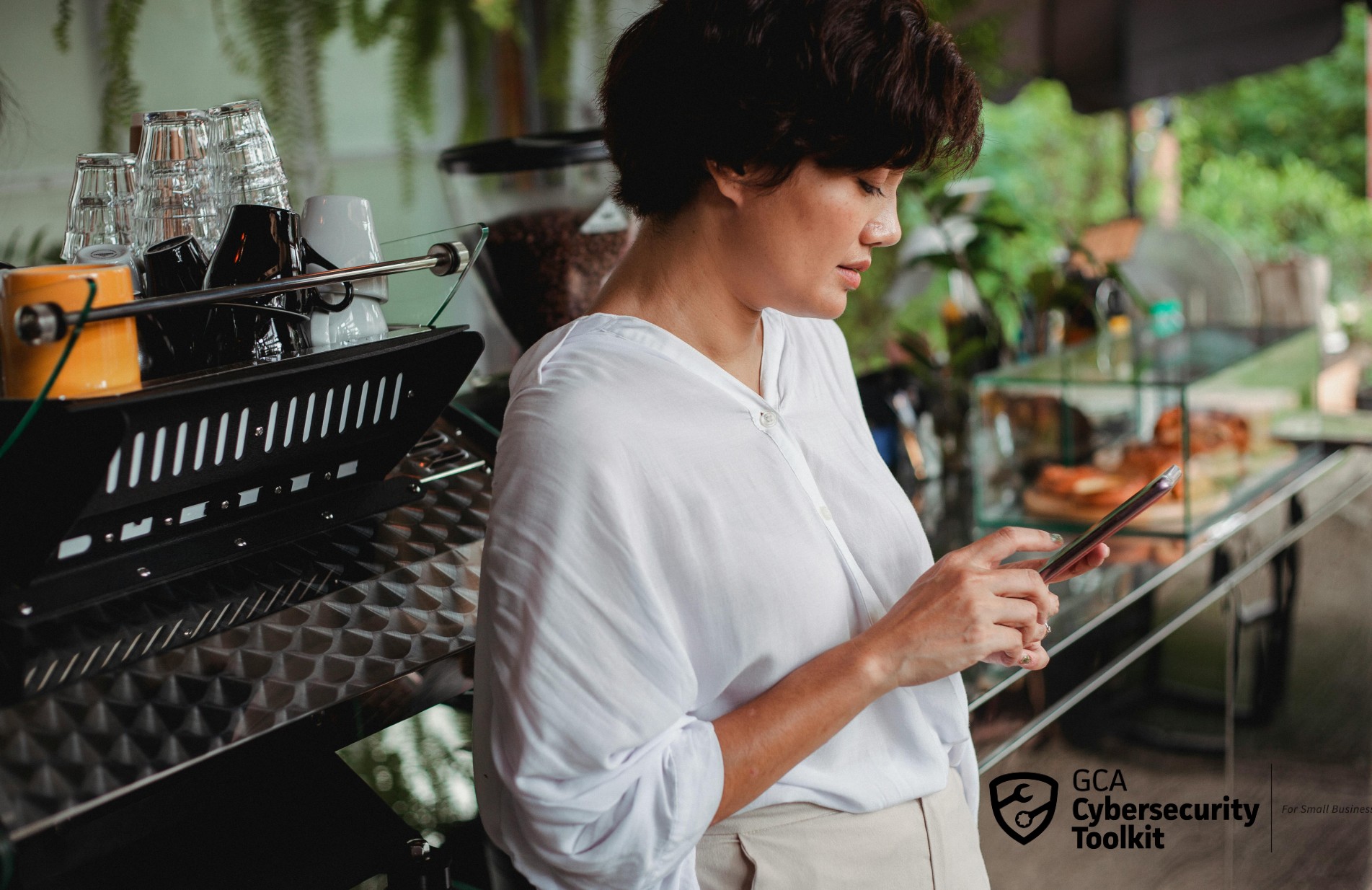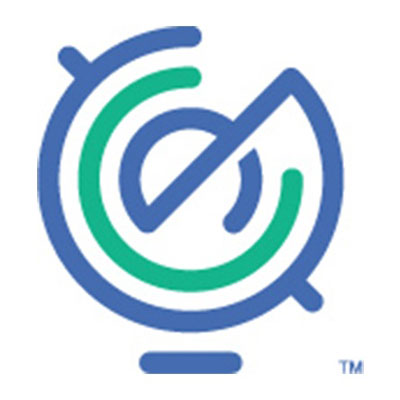Copyright @ 2025 Global Cyber Alliance | Sitemap

Small businesses make up 90% of businesses worldwide and represent more than 50% of employment; they are crucial to the global economy, and yet they are at high risk of cyber-attack. Attacks against small businesses are rising at twice the pace of those against their larger counterparts, but many do not have the time, resources, or knowledge to better protect themselves. Most do not even recognize themselves as a target.
The effect that a cyber-attack can have on a small business is devastating, from financial and data loss, reputational damage, and loss of consumer trust through to total business failure. In 2019, the Global Cyber Alliance (GCA) took action and created the GCA Cybersecurity Toolkit for Small Business to help small businesses take action to prevent themselves from becoming a victim of cyber-attack. February 2024 marks the five-year anniversary of its release.
The free toolkit guides small businesses in how they can take action, guiding them through the implementation of six essential cyber hygiene steps, which recent research has shown can significantly reduce the cyber risk they face – in particular ransomware. These steps include taking an inventory, applying security updates, utilizing strong passwords, implementing two-factor authentication, protecting against phishing and malware, backing up data, and protecting email and brand reputation. Alongside the 33 tools and 45 resources accessible from the toolkit, GCA has also developed a series of simple mini courses, each lasting approximately 15 minutes. These can be taken at any time and pace to enhance overall understanding of these risks and their potential impact from a business perspective.
We are proud to share the statistics here – five years of impact, five years delivering free tools and resources, five years reducing cyber risk for small businesses, and five years working with our development sponsor Mastercard – and partners across the globe – to reach small businesses where they are. This is just a snapshot of our ongoing efforts, which demonstrates the toolkit’s global relevance, impact, and evolution:
- The toolkit is now accessible in six languages: English, Bahasa Indonesia, French, German, Portuguese, and Spanish, and on partner websites in Galician and Slovak.
- The toolkit has been accessed from virtually every corner of the planet – more than 200 countries and territories.
- The toolkit and training courses have been accessed more than 1 million times.
- The toolkit’s Community Forum provides additional resources, support, and a meeting point for peer-to-peer discussion.
We have:
- Worked with our development sponsor Mastercard on six continents, as well as incorporating the toolkit within the Mastercard Trust Center.
- Worked in partnership with Mercy Corps and the Mastercard Center for Inclusive Growth to reach entrepreneurs, in particular micro and small businesses across Indonesia.
- Worked with KPMG in South Africa and Nigeria under the UK Government FCDO Digital Access Programme.
- Worked with the Cyber Intelligence and Security Aid Bureau (CISAB) in Ghana as part of their Vigilance First programme.
- Worked alongside the Australian Cyber Collaboration Centre (Aus3C) to deliver the toolkit for small businesses across Australia.
- Worked with the New York State Department of Financial Services (NYS DFS) to incorporate cybersecurity policy templates within the toolkit and to promote essential cyber hygiene.
- Worked in partnership with the Cyber Readiness Institute and others to deliver training programs and webinars in multiple countries across the globe.
- Worked with governments, nonprofit organizations, academic institutes, associations, financial institutions, commercial organizations, law enforcement, and with the public, private, and nonprofit sectors to help small businesses and vulnerable communities around the world enhance their protection against cyber-attacks.
We are extremely grateful to our development sponsor Mastercard, who shares our commitment to help support small businesses understand their cyber risk and reduce their exposure to cyber threats – in recognition of this milestone:
Philip Reitinger, GCA President and CEO, said of the toolkit: “GCA took up the issue of cyber threats faced by small businesses based on advice from our strategic advisors. Small businesses are the engine of economic growth around the world, and we knew we had to do something. Thanks to the ongoing support of Mastercard, which shares our focus to protect these essential businesses, we delivered and continue to enhance the toolkit to meet the evolving needs of the small business community.”
Michael Lashlee, Mastercard Chief Security Officer and Global Cyber Alliance Board Member, added: “Online threats to small businesses continue to grow. In partnership with the Global Cyber Alliance, Mastercard is working to help small businesses reduce their cyber risk, better protect themselves and their customers’ data. The GCA Cybersecurity Toolkit for Small Business is just one of the ways that we are making cybersecurity more accessible and easier to understand – giving small businesses space to focus on running and growing their business.”
Join us to grow our impact
GCA never stands still in its pursuit of a secure, trustworthy Internet that enables social and economic progress for all. Please join us as we continue to grow our network of partners and projects to reach those in need, wherever they may be.
- If you are part of a network of small businesses anywhere in the world, share our toolkit and contact us if you’d like to engage more strategically.
- If you own a small business, use our toolkit to reduce your cyber risk.
- If you are a larger organization which depends on small businesses within your supply chain, help them take action by sharing the toolkit.
Together, we really are making a difference.
###
About the Global Cyber Alliance (GCA)
The Global Cyber Alliance (GCA) is an international nonprofit organization dedicated to building communities to deploy tools, services, and programs that provide cybersecurity at global scale. We achieve this in three ways: working with communities; engaging infrastructure owners and operators; and driving strategic mobilizations for collective action on cybersecurity.

